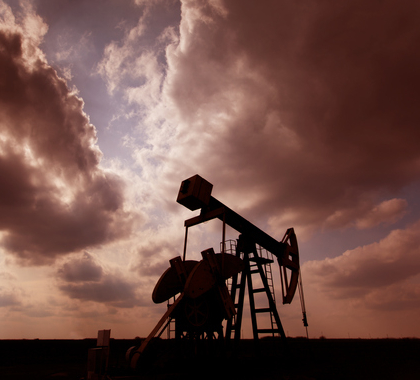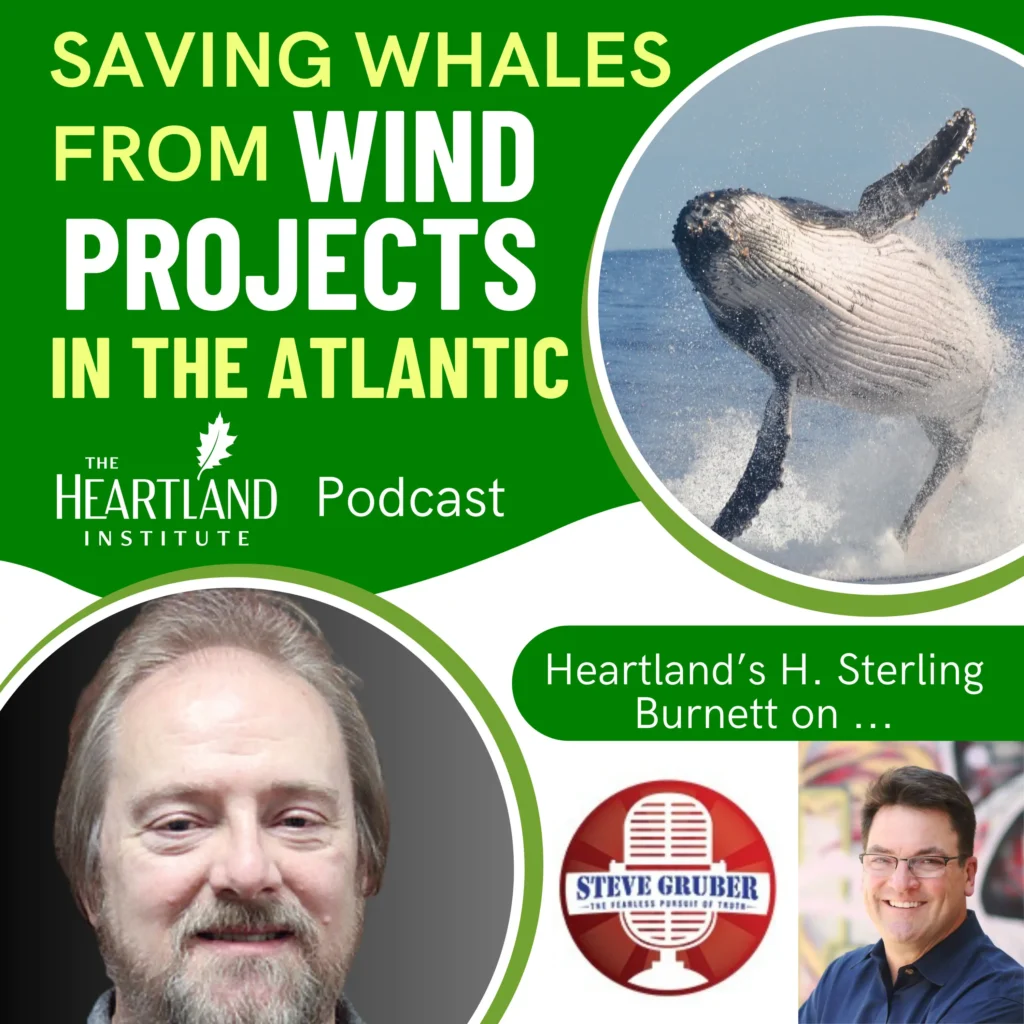The U.S. Chamber of Commerce’s Institute for 21st Century Energy has released the fourth in its What If… series of studies looking at the impact hydraulic fracturing, commonly called “fracking,” has had on the American economy and how different the economy would look today without them. The latest report, titled What If…Hydraulic Fracturing Was Banned?, imagines what a national ban on the activity would entail.
“Using the IMPLAN [data and software] model, the report modeled changes to the U.S. economy, including real labor income, energy prices, air transportation costs, and energy extraction jobs,” the study’s authors wrote. “The report also breaks down three types of economic shock—higher residential energy costs, higher business energy costs, and upstream production losses. Seventeen separate economic sectors—many of which have little to do with the oil and gas sector—would experience hardship as a result of higher prices. Among the most vulnerable are retail and wholesale sectors of the economy.”
By 2022, the study predicts a hydraulic fracturing ban would cause 14.8 million jobs in America to “evaporate,” almost double gasoline and electricity prices, and increase natural gas prices by 400 percent. Cost of living expenses would increase by nearly $4,000 per family, household incomes would be reduced by $873 billion, and GDP would be reduced by $1.6 trillion.
In Colorado, which is currently the nation’s sixth-largest producer of natural gas and seventh-largest producer of oil, a hydraulic fracturing ban would be no less devastating. The study estimates 215,000 jobs would be lost by 2022, 38,000 of which would be due to higher residential energy costs and 98,000 from higher business energy costs. This would deprive the state economy of $22 billion in GDP, while household incomes would be reduced by $14 billion over the same period.
Because of its position as a leader in energy production, Colorado has seen a large amount of anti-fracking activity, culminating in two failed constitutional ballot initiatives that sought to limit and curb access to areas where hydraulic fracturing could be done.
Karen Harbert, the president and CEO of The Institute for 21st Century Energy, said in a press release, “Without fracking, the U.S. would surrender our status as a global energy superpower. Every American family could face higher prices for the energy they consume and the products and services they buy, and almost 15 million Americans could be out of work. These extreme and irresponsible proposals should not be considered. Ignorance can no longer be an excuse.”
There is no scientific justification for banning hydraulic fracturing or over-regulating it out of existence. Drilling is currently being conducted in the State of Colorado in a safe and responsible manner, and as the Chamber’s study shows, without it, the Centennial State would find itself in a much more precarious economic situation. Moreover, the fracking process has transformed the energy outlook of the United States over the past decade, and the rise of shale gas as a replacement for coal has been primarily responsible for the United States now enjoying its lowest level of carbon-dioxide emissions since 1989. Regulation should only be based on the best available scientific literature, not on wild, unfounded claims based on misinformation, fear, and superstition.
The following documents provide more information about hydraulic fracturing.
What If … Hydraulic Fracturing Was Banned?
https://heartland.org/publications-resources/publications/what-if-hydraulic-fracturing-was-banned
This study is the fourth in a series of studies produced by the U.S. Chamber of Commerce’s Institute for 21st Century Energy. It examines what a nationwide ban on hydraulic fracturing would entail. The report’s authors found by 2022, a ban would cause 14.8 million jobs to “evaporate,” almost double gasoline and electricity prices, and increase natural gas prices by 400 percent. Moreover, cost of living expenses would increase by nearly $4,000 per family, household incomes would be reduced by $873 billion, and GDP would be reduced by $1.6 trillion.
What If … America’s Energy Renaissance Never Happened?
https://heartland.org/publications-resources/publications/what-ifamericas-energy-renaissance-never-actually-happened
This report by the U.S. Chamber of Commerce’s Institute for 21st Century Energy examines the impact the development of shale oil and gas has had on the United States. The report’s authors found that without the fracking-related “energy renaissance,” 4.3 million jobs in the United States may not have ever been created and $548 billion in annual GDP would have been lost since 2009. The report also found electricity prices would be 31 percent higher and gasoline prices 43 percent higher.
Hydraulic Fracturing a Game-Changer for U.S. Energy and Economies
https://heartland.org/publications-resources/publications/hydraulic-fracturing-a-game-changer-for-us-energy-and-economies?source=policybot
In this Policy Study from The Heartland Institute, Heartland Research Fellow Isaac Orr explains the advantages and disadvantages of smart drilling and its alternatives. Orr reviews the background and potential of hydraulic fracturing in the United States and puts that potential in the context of the supply of and demand for oil and gas. He addresses the environmental impacts of hydraulic fracturing, both positive and negative, as well as the public safety issues raised by activists, such as potential harm to drinking water supplies. Orr also discusses how oil and gas production is regulated at the state and national levels and suggests appropriate policies for the industry.
Bill McKibben’s Terrifying Disregard for Fracking Facts
https://heartland.org/publications-resources/publications/bill-mckibbens-terrifying-disregard-for-fracking-facts?source=policybot
This Heartland Institute Policy Study, written by Research Fellow Isaac Orr, examines how methane emissions are measured, reports the effect those emissions may have on global warming, and discusses several falsehoods journalist Bill McKibben repeats from the discredited movie Gasland. It also evaluates the available fracking alternatives and discusses the relatively small impact new methane-emissions rules enacted by the Environmental Protection Agency will likely have on Earth’s climate.
Fracking Facts: The Science, Economics, and Legal Realities
https://heartland.org/publications-resources/publications/fracking-facts-the-science-economics-and-legal-realities?source=policybot
Hydraulic fracturing, commonly known as fracking, has been employed in the United States since the 1940s. Although innovation has improved the precision of the process, the essentials are the same. Utilizing horizontal drilling, a mixture of mostly water, sand, and trace amounts of chemicals, are used to create fissures in underground shale deposits to allow oil and natural gas trapped in hard rock to move toward the surface to be collected. Activists have blamed fracking and the processes associated with it for emissions of pollutants, earthquakes, and even groundwater contamination, though independent evidence consistently shows these allegations to be false. Leigh Thompson of the Texas Public Policy Foundation argues the evidence supporting fracking bans looks slim when attention is drawn to the facts.
Managing the Risk of Hydraulic Fracturing: An Update
https://heartland.org/publications-resources/publications/managing-the-risks–of-hydraulic-fracturing-an-update?source=policybot
Kenneth P. Green of the Fraser Institute argues policymakers should ignore the siren song made by those calling for moratoria or bans on fracking.
Hydraulic Fracturing: Critical for Energy Production, Jobs, and Economic Growth
https://heartland.org/publications-resources/publications/hydraulic-fracturing-critical-for-energy-production-jobs-and-economic-growth?source=policybot
Increased energy production on private lands in the United States has been one of the most promising economic success stories in recent years. A large part of the success is due to an energy-extraction process known as hydraulic fracturing. Misconceptions about hydraulic fracturing, also called fracking, abound. The Heritage Foundation’s Nicolas Loris explains hydraulic fracturing is safe when regulated effectively and says fracking greatly increases the nation’s energy production, thus promoting job creation.
Assessment of the Potential Impacts of Hydraulic Fracturing for Oil and Gas on Drinking Water Resources
https://heartland.org/publications-resources/publications/assessment-of-the-potential-impacts-of-hydraulic-fracturing-for-oil-and-gas-on-drinking-water-resources
This assessment from the Environmental Protection Agency provides a review and synthesis of available scientific literature and data to assess the potential impact hydraulic fracturing may have on the quality or quantity of drinking water resources, and it identifies factors affecting the frequency or severity of any potential impacts. The scope of this assessment is defined by the hydraulic fracturing water cycle, which includes five main activities: water acquisition, chemical mixing, well injection, flowback and produced water, and wastewater treatment and waste disposal.
Nothing in this Research & Commentary is intended to influence the passage of legislation, and it does not necessarily represent the views of The Heartland Institute. For further information on this and other topics, visit the website of Environment & Climate News at https://heartland.org/publications-resources/newsletters/environment-climate-news, The Heartland Institute’s website at http://heartland.org, and PolicyBot, Heartland’s free online research database, at www.heartland.org/policybot.
The Heartland Institute can send an expert to your state to testify or brief your caucus; host an event in your state; or send you additional information on a topic. Please don’t hesitate to contact us if we can be of assistance! If you have any questions or comments, contact John Nothdurft, Heartland’s director of government relations, at [email protected] or 312/377-4000.




